For a listing of all CTLE courses, please click here.
Continuing Teacher and Leader Education (CTLE) Requirements
RTC/I is an approved NYSED CTLE provider.
Per NYSED regulations: “Measurement of Continuing Teacher and Leader Education (CTLE)
CTLE credit shall only be granted for CTLE acceptable to the Department and conducted by a sponsor approved by the Department. For credit-bearing university or college courses, each semester-hour of credit shall equal 15 clock hours of CTLE credit, and each quarter-hour of credit shall equal 10 clock hours of CTLE credit. For all other approved continuing teacher and leader education courses, one CTLE credit hour shall constitute a minimum of 60 minutes of instruction/education.”
45 hour RTCI in-service courses are eligible for 37.5 hours CTLE.
Arts Education and Cultural Arts
English as a New Language
Literacy
Living History
National Board Certification
Poverty Simulation
RTC edTPA
School Wellness
STEAM: Science, Technology, Engineering, Art and Math
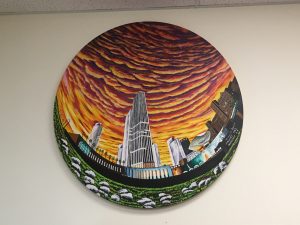 Arts Education and Cultural Arts
Arts Education and Cultural Arts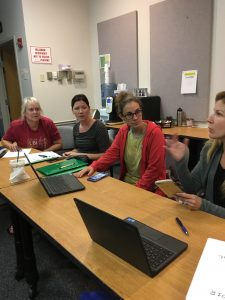
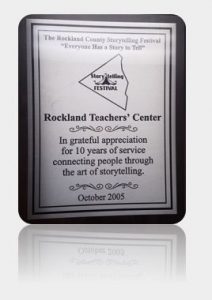 Register Now
Register Now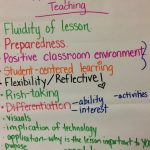
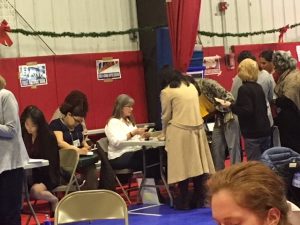 What is the Poverty Simulation? The poverty simulation experience is designed to help participants understand what it is like to live in poverty and try to make ends meet from month to month. It is a simulation, not a game. The primary objective is to sensitize participants to the realities faced by low-income individuals and families and to educate the participants about the challenges that people living in poverty must address every day. Participants experience how these challenges can affect the behaviors, beliefs, and health of these individuals. It provides educators with a better understanding of the social and academics effects of poverty on the students they serve.
What is the Poverty Simulation? The poverty simulation experience is designed to help participants understand what it is like to live in poverty and try to make ends meet from month to month. It is a simulation, not a game. The primary objective is to sensitize participants to the realities faced by low-income individuals and families and to educate the participants about the challenges that people living in poverty must address every day. Participants experience how these challenges can affect the behaviors, beliefs, and health of these individuals. It provides educators with a better understanding of the social and academics effects of poverty on the students they serve.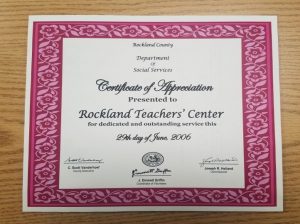 Rockland Teachers’ Center collaborates with the
Rockland Teachers’ Center collaborates with the 
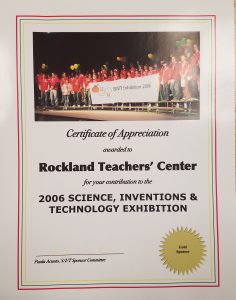 The Elementary Math PLC (Professional Leaning Community) is designed to connect elementary math educators in the region offering them a place to meet, explore content and current trends in K-5 mathematics, discuss best practices and celebrate success stories. Sessions will focus on the commonality of math instruction from grades K-5 with an emphasis on using visual models, common vocabulary, hands-on activities and new technology to support learning. This collaborative effort will provide avenue for rich math discussions and shared ideas.
The Elementary Math PLC (Professional Leaning Community) is designed to connect elementary math educators in the region offering them a place to meet, explore content and current trends in K-5 mathematics, discuss best practices and celebrate success stories. Sessions will focus on the commonality of math instruction from grades K-5 with an emphasis on using visual models, common vocabulary, hands-on activities and new technology to support learning. This collaborative effort will provide avenue for rich math discussions and shared ideas.